Volkswagen sells 11 different saloons in China. That takes some getting around, but we tried our best last year with this rundown.
Yet even so, the near dozen saloons in VW’s official handout pics all look broadly similar, with even greater overlap on the spec sheets. How many cars can you sell with a 2.6-something-metre wheelbase?
Plenty, it seems. For six of the 11 VWs are in China’s top 10 best-selling saloons so far this year.
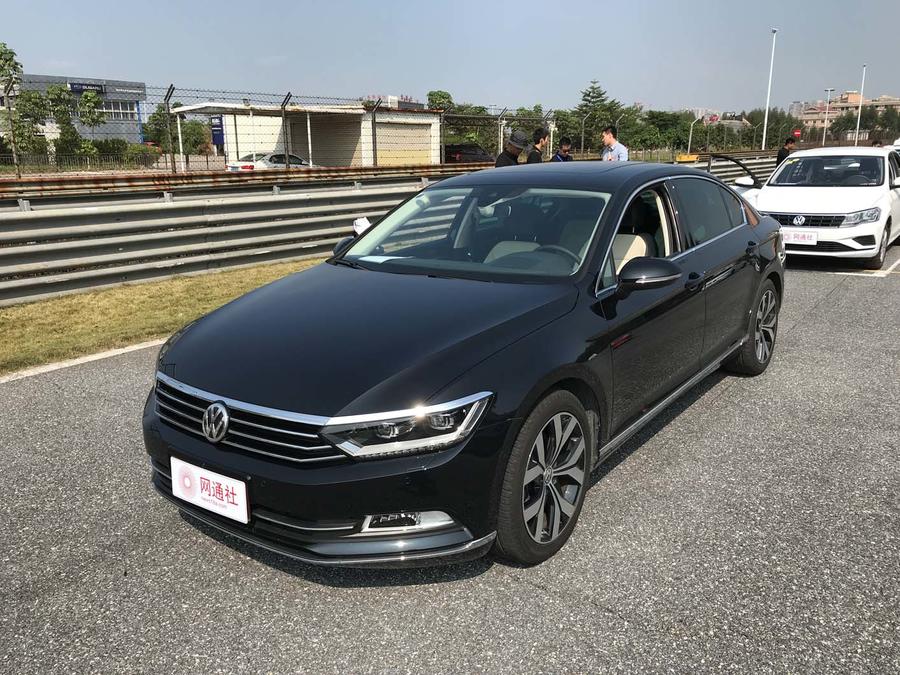
China’s new car market might be wobbling, with VW itself losing ground in the past few months, yet its sales so far in 2018 in China are just over 2.5 million cars to the end of October, up 0.4% year-on-year and only a handful fewer than every car maker put together in Britain in 2017.
And those six – Volkswagen Jetta, Magotan, Bora, Sagitar, Lavida and Santana – are all cars we’ve driven back to back today, to try and work out why so many are sold, and just what those differences are. (For the sake of completion, the other four in the top 10 are the Toyota Corolla, Geely Emgrand, Buick Excelle and Nissan Sylphy, and we drove them too, but more on that another time).
See the six of them in the metal next to each other, and they still all look broadly similar. But to drive? This is where the differences at last creep in, the greatest influence of all being the origin of the underpinnings.
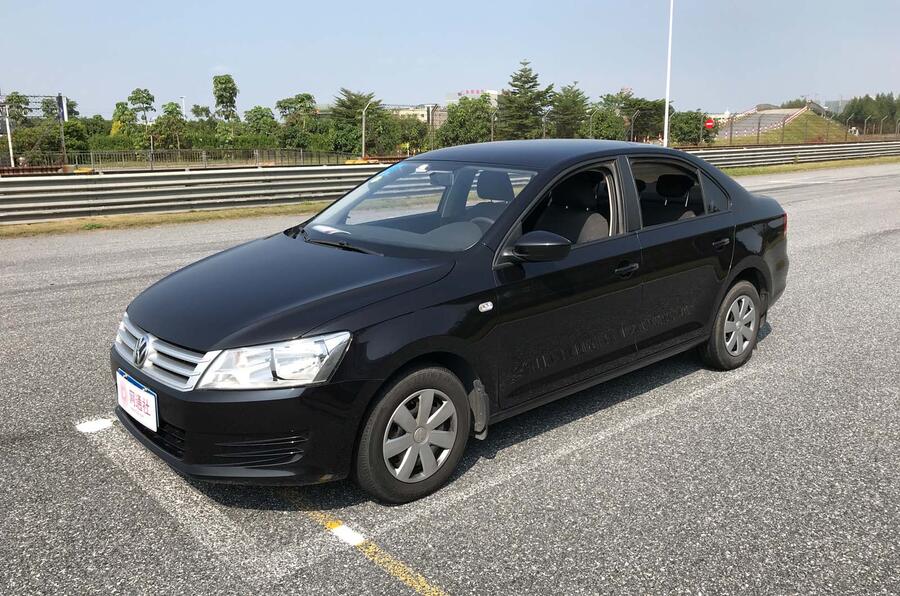

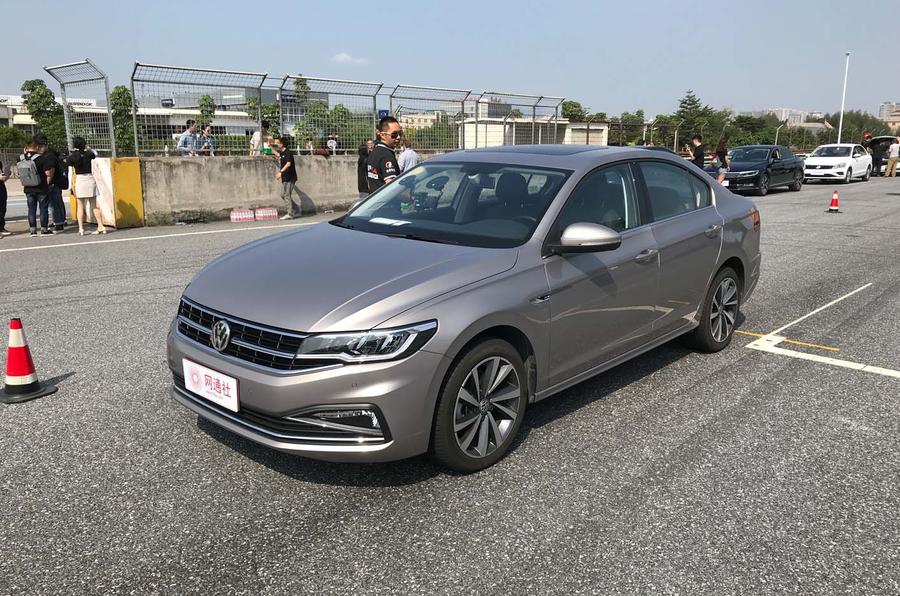











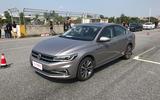












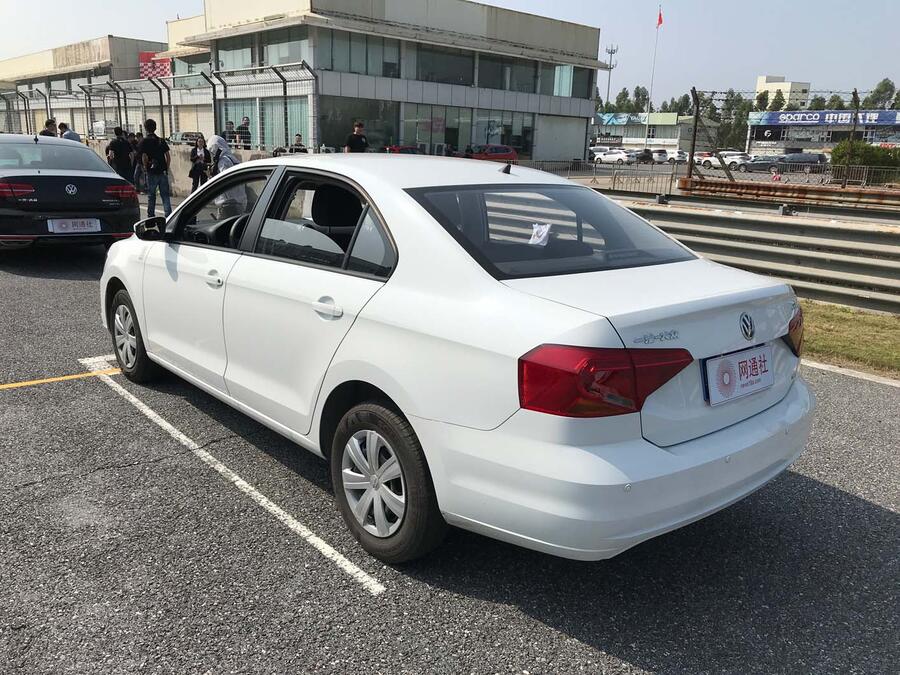
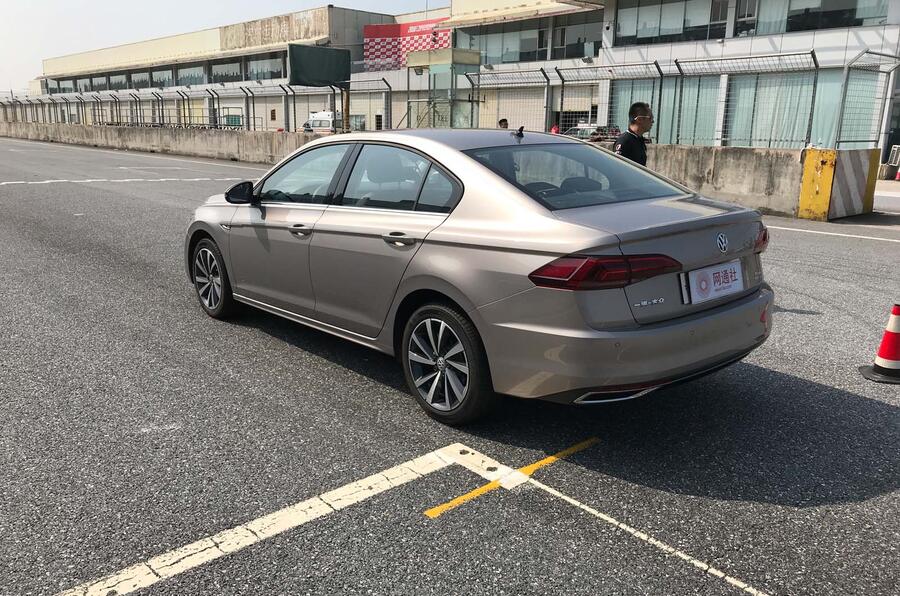
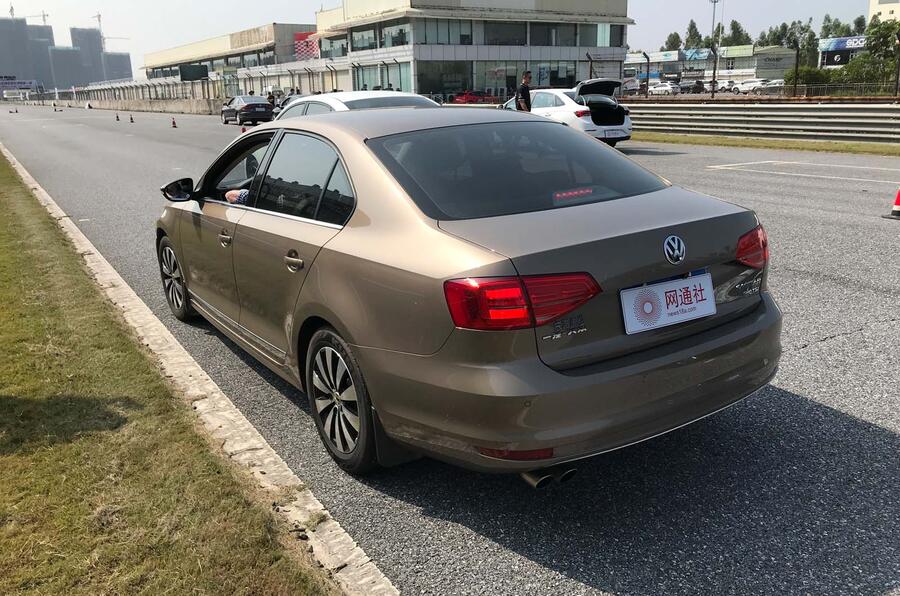






Join the debate
Add your comment
Golf Variant
Would be at least as capable, at least as practical (think children's bicycles or other bulky items), not more difficult to park, similarly economical, and in most people's eyes, better looking and more desirable.
Unless you are firmly convinced that the tree-box saloon shape is inherently classier, easier on the eye and more desirable than something with a longer roof and a hatch, which is a view shared by many. Most of them, however, reside outside of Western Europe.
Why criticise the old Jetta?
It seems that Autocar has a down on the Jetta (aka booted Golf), and yet this customer was highly satisfied with his! Now, I am not a newcomer to cars and the tech around them -far too old for that- and that is one the reasons I find the Autocar's attitude puzzling.
A 205GTi it is not, by a long chalk, but loaded with holiday clobber in its vast boot, it gobbles motorway kms in a totally unflustered fashion. Unloaded, it is a perfectly adequate transport around Southern Europe roads, a tad awkward to park because of its length. Two up or alone, and after a little play with the tyre pressures, is quite agile and responsive (you must ignore 5th completely and 4th most of the time) on empty roads.
Its presence reminds you of Aunt Alice but let me tell you: she can pull up her skirt and give you a some fun...you only need ask the right questions!
Phaeton
Interesting - but I understood that that the only major market for the VW Phaeton was China. However, it isn't even mentioned. Is it still sold there ?